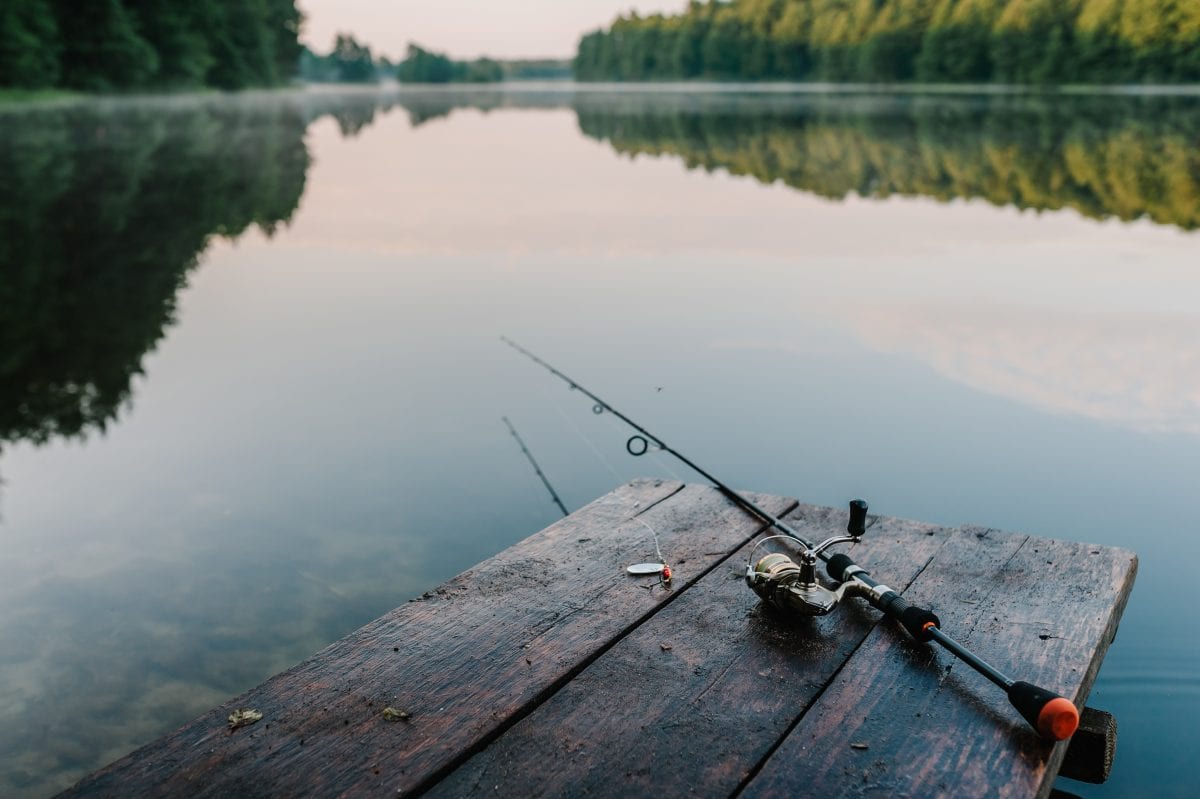You might hear this reminder often from your doctor: some physical activity is better than none. It keeps you healthy and clears your mind, they might say. So in an effort to be physically healthier, you might have added at least 30 minutes of exercise every day. But fitness goes beyond physical activity.
There’s more to fitness than setting aside 30 minutes of moderate-intensity exercises or 150 minutes of intense exercise a week. Your overall health and wellbeing depend on your mental fitness, too.
Here are different ways you can improve your mental fitness:
- Read often to exercise your brain and maintain an active interest in your community and society.
- Challenge your intellect through activities like chess, crossword puzzles, and language courses.
- Engage in thought-provoking conversations. Don’t hesitate to talk about a wide range of topics.
- Explore a new craft like woodwork or sewing which keeps both your mind and body functioning.
- Add more vitamin B to your diet. Some examples are leafy vegetables and wholegrain cereals.
And of course, you have to take time to relax. Fitness isn’t entirely about constantly moving around and doing something. Your health might actually get worse if you overwork yourself or if you’re constantly overthinking. Set aside time for regular periods of rest and relaxation.
One of the best ways you can do this is through fishing trips.
How does fishing contribute to health and wellness?
If you still have doubts about whether you should sign up for that deep sea fishing trip, just keep this in mind: fishing activities help you stay physically fit and mentally healthy.
These are the different ways it contributes to your physical health:
- The repeated movements of casting and reeling give your arms and shoulders a mild workout. ;
- Strengthen your lower back muscles and straighten your spine by maintaining proper posture.
- Improve your balance and stretch your legs by moving around to find the best fishing spots.
- Get the chance to soak up the sun and absorb some vitamin D for a stronger immune system.
Fishing also has multiple mental health benefits that you might appreciate:
- It’s a reflective activity that lets you unwind and detach from your normally fast-paced lifestyle.
- You get a sense of calmness and clarity after spending a few hours reconnecting with nature.
- Take your mind off stressors by focusing on fishing and being aware of your surroundings.
- Improve your analytical skills and cognitive function while determining how to get a good catch.
Fishing is often seen as a slow recreational activity for people who just want to sit around all day. Some assume that it’s just another meditative outdoor activity. But there are actually many ways it contributes to your physical and mental fitness. Add that weekend fishing trip to your schedule now.
How do you prepare for fishing activities?
One of the best things about fishing is that your initial fitness level doesn’t matter. Your age doesn’t matter either. There are no limitations regarding who can try this recreational activity. So dive into it today.
Here are a couple of recreational fishing tips to help you get started:
- Decide whether you want to do saltwater or freshwater fishing. Saltwater fishing is typically more exciting because you can arrange deep-sea fishing. But freshwater fishing is ideal for beginners.
- Take note of your timing. It’s better to schedule early morning and late evening fishing trips during the summer. You might get luckier on an afternoon fishing trip during spring and fall.
Fishing gets you moving and has the potential to transform your mindset and outlook in life. Grab a rod today and let this activity contribute to your overall fitness.









